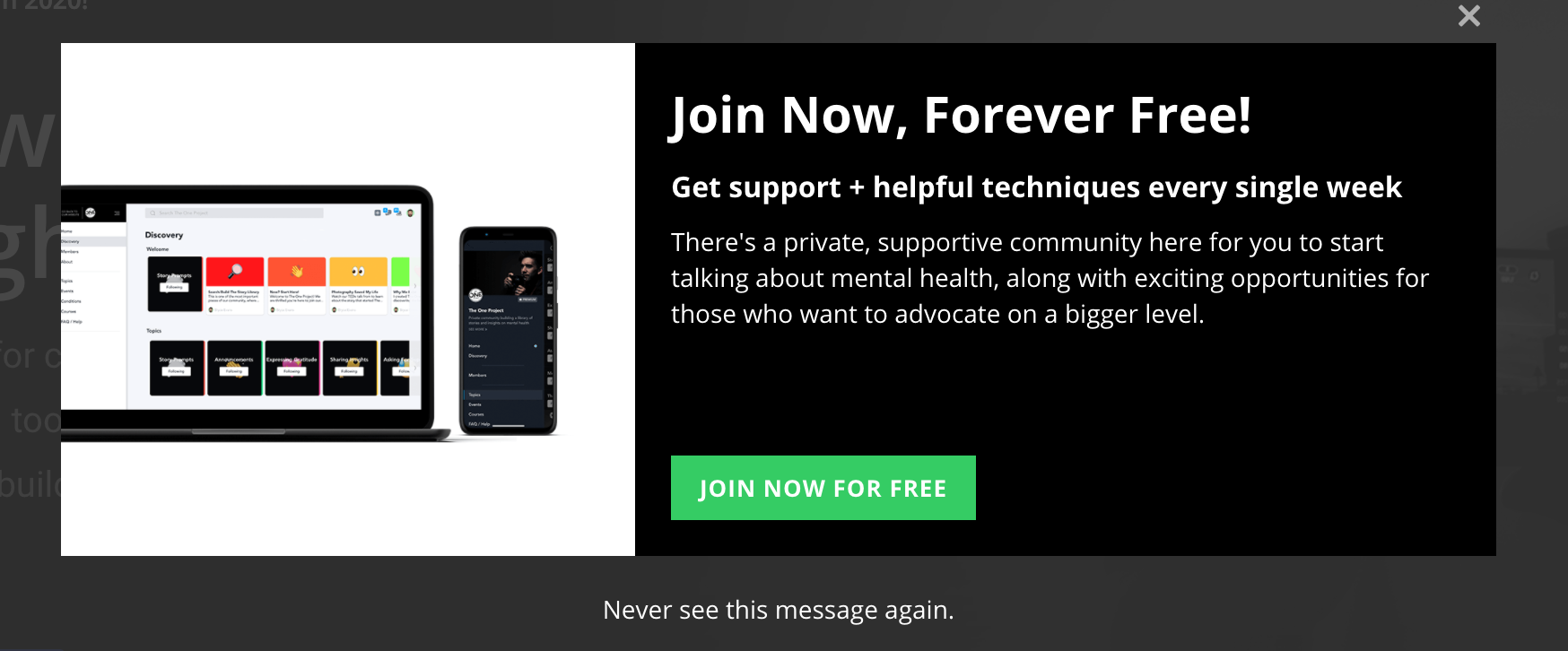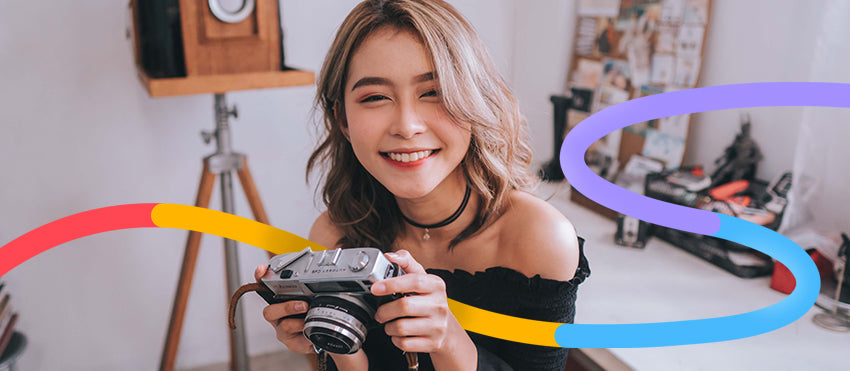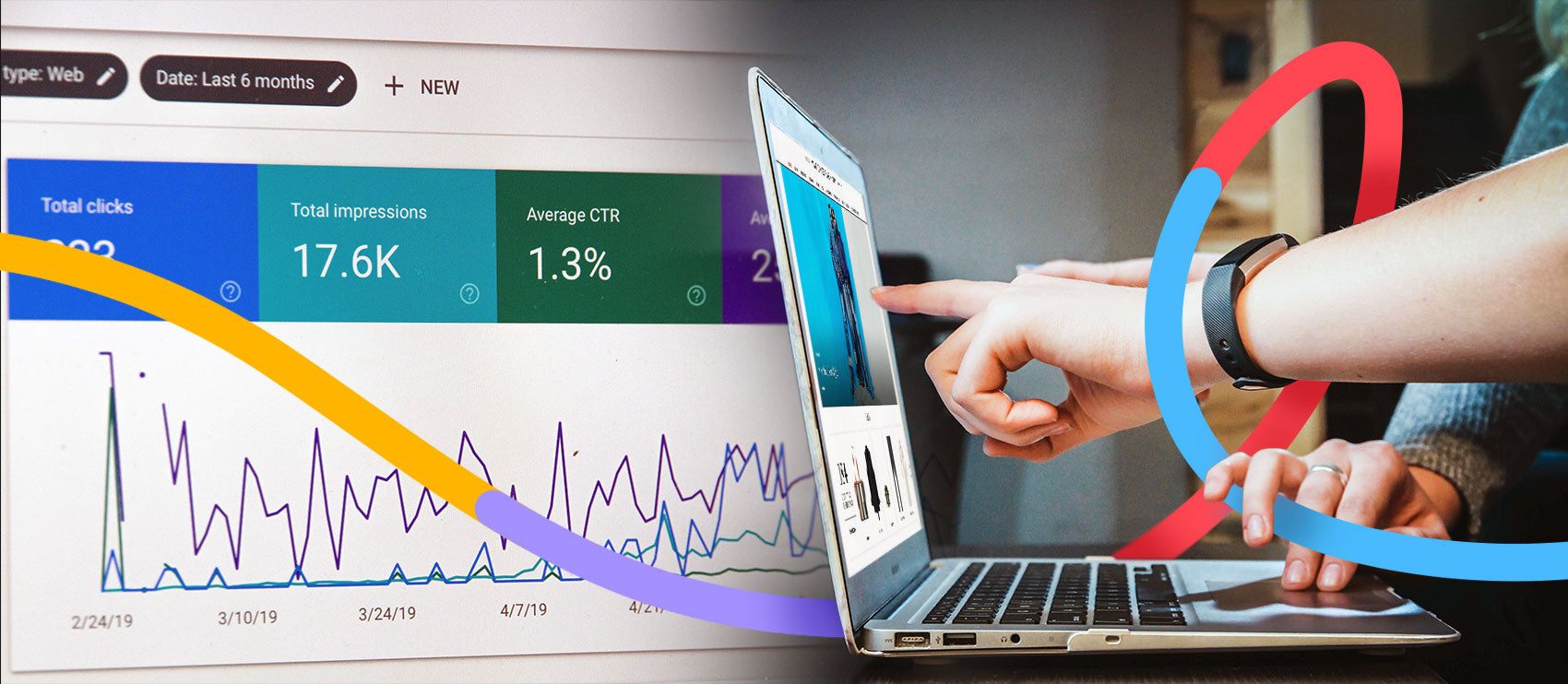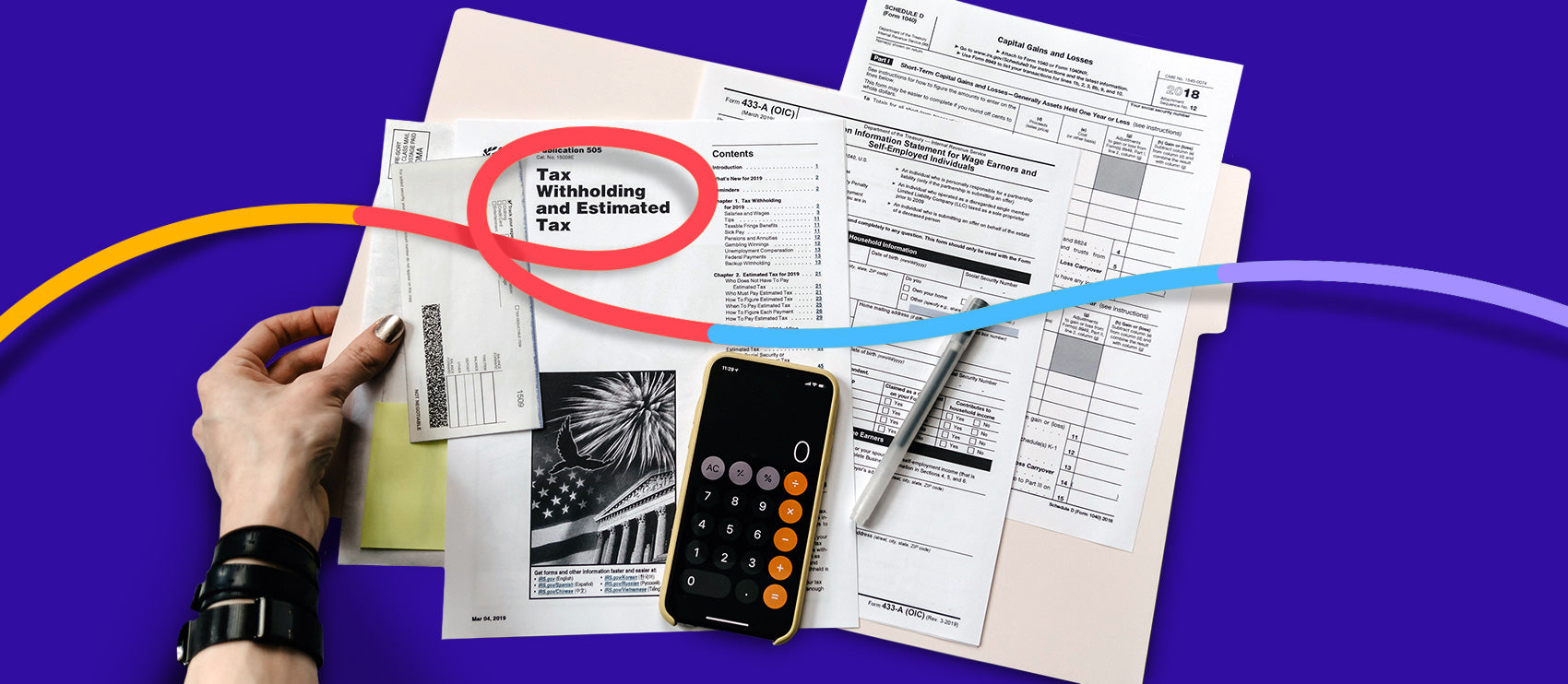Between pandemics, worldwide recessions, and social distancing, it’s been a rough year for mental health. According to the Centers for Disease Control and Prevention (CDC), 40% of US adults have reported struggling with anxiety, depression and suicidal thoughts.
As a freelancer, you have to prioritize your mental health if you want to stay in business. Your business literally can’t function without you, so what happens if you’re overwhelmed, burned out, or can’t get out of bed?
Receive free ecommerce & product photography tips
If you’re a freelance or self-employed photographer, here are five ideas to help you take care of your mental health.
Focus on self-care and avoid “escape activities”
Everyone needs coping mechanisms when things get rough. But in the long run, you’ll want to create healthy self-care habits that help you thrive rather than just make it through the day.
“A lot of people think, ‘Oh, I’ll just destress by binging Netflix.’ That’s fine, but that’s not self-care,” says international mental health speaker and author, Mike Veny. “Escape activities are things you do to literally escape from reality and get away from stress.”
According to Veny, escape activities often include:
- Video games
- Watching TV
- Constantly scrolling through your phone
- Drinking, smoking, or using drugs recreationally
Most of these activities are fine in moderation, but they make mental health worse if you rely on them to manage stress.
“Self-care, on the other hand, is actually a medical term that encompasses anything you do for your health outside of working with a healthcare provider,” says Veny. “It helps you process that stress and develop habits for managing it.”

Here are some positive self-care ideas you can try:
- Get outside. Spending just 20 minutes a day outdoors or exercising is proven to reduce stress hormones.
- Take regular breaks to give your brain the rest it needs while boosting creativity.
- Listen to music, which can help you relax and regulate your mood.
- Meditate or pray to give you an outlet for releasing emotion and make it easier to focus.
If you’re just getting started, pick one or two self-care activities to practice when you’re having a bad day. Remember, you are who you bring to work, so you’ll want to look for opportunities to self-care in your work life as well. Set boundaries for the number of projects you take on and the hours you work to leave room for downtime.
Start learning your own limits by asking yourself:
- When am I most energized/tired throughout the day? Schedule big tasks for when you’re motivated and walks for when you’re tired.
- How long does it take me to burn out during a big project? Build in an extra time buffer when you know you have a big project coming up, or try to approach it in smaller chunks.
- What does my ideal day look like? If you work better with quiet mornings or get more done at night, don’t be afraid to build your schedule around those natural patterns.
Tracking your time is another great way to get a better sense of how you spend your days, so you can begin creating a schedule that keeps you productive and healthy.
Find your support group
You don’t have to face mental health issues alone, yet a lot of freelancers feel isolated. Nearly two-thirds (64%) of freelancers say their job makes them feel lonely on a daily basis and 62% feel stressed because of work, according to a survey by Viking Blog.
“Being self-employed can be really tough, and you don’t have colleagues or a team around you to turn to,” says UK-based photographer and coach, Ellie Jade. “Going freelance takes a lot of courage.”

To combat freelancer loneliness, it’s important to find or build your own support system of people who experience the same challenges as you.
“For photographers specifically, this has become even more key this year due to COVID-19,” says Jade. “The restrictions put in place made it difficult for freelance creatives to continue working, especially those who are usually very busy, constantly connecting with new people, and working in new places.”
Start by reaching out to family and friends to let them know you're struggling. Set up some time with the people you care about, whether that means a video chat or virtual game night. Online communities for mental health can also help, like Leapers’ Slack channel or Bryce Owen’s photography community, The One Project.

Another idea? Join a professional group. Even without specific mental health support, being surrounded by fellow freelancers who “get it” will help keep you social and focused. Try Slack’s professional photographer channel or one of many photography Facebook groups, like Fstoppers, The LawTog, or Ladies Behind The Lens for female and nonbinary photographers.

Have fun with your camera
Running any business can be stressful, and a creative industry like photography is no different. But your art can also support your mental health as an outlet for self-expression.
Some think creativity and mental health issues go hand in hand, thanks to the stories of famous depressed artists like Vincent Van Gogh and Robin Williams. But studies have shown that creativity actually has a positive impact on mental health.
“[Photography] requires you to look at your surroundings more mindfully,” says Jade. “It can also be really playful and allow you to express yourself in a different way without the pressure to create anything specific or capture certain moments. When I initially turned my hobby into a business, I lost sight of that a little bit and realised I was only using my camera to take photographs in line with other people’s briefs. Now I try to take my camera with me when I’m not working and use it to create whatever I want at that moment.”
Block off a short period of time, like an hour a week, to play with your camera. Challenge yourself to go on photo walks in your neighborhood and capture something new with each trip.
“I love experimenting with landscape, architecture and occasionally more abstract photography. Switching to photographing something different instantly changes the dynamic and doesn’t feel like ‘work’ anymore, which ironically can actually improve my work professionally as well,” says Jade.
Outsource your tedious edits
Nearly 4 in 10 workers struggle with stress due to increased workload, according to a study by BenendenHealth. With all that’s happened this year, it’s difficult to remember that while some freelance stress is normal, it shouldn’t be taking over your work life. Getting some of those work details off your plate lets you focus on more important things, like your mental health and business.
When Alee Mills and Veronique Barnes of clothing brand Ice Cream Castles were overwhelmed at work, they realized that refusing to delegate was adding hours of stress. “We sat there doing product shots, Googling, and getting YouTube videos for resizing. It’s just so many hours of time.”
Mills and Barnes used our team of professional designers to speed up their product photography turnarounds. This helped them invest that extra time back into their business and recapture their love of creativity. “[They have] taken something we don’t like to do off of our plate. It’s allowed us more time to do other things that need to get done.”
Outsourcing your photo edits is a great way to hand off some of the workload and save yourself time and stress. Just be sure to do your research before you commit.
While you’re at it, take another look at your daily schedule to see what else you can cut to mitigate stress. A great way to narrow it down is by organizing tasks by urgency and importance in a time management matrix.

In fact, this advice may sound familiar, since it falls under one of The 7 Habits of Highly Effective People. In this famous business and self-help book, author Stephen Covey introduces seven habits people should develop to achieve their goals. Task organization is part of Habit #3: Put First Things First.
Instead of juggling so many things at once, try prioritizing your time and delegating tasks to free up some headspace so you can show up for projects and clients.
Talk to a mental health professional
Sometimes, we need extra help to manage mental health, especially during COVID-19 when it’s difficult to make meaningful connections in person. A therapy or other mental health professional offers necessary support, whether you’re in crisis or just need advice.
“As freelancers, we often don’t have a space to just talk openly with another person without judgement,” says Jade. “And sometimes having a space to just say what’s on your mind and how you truly feel about things can make all the difference.”
According to Mental Health America, the number of people seeking mental health treatment has skyrocketed this year. Anxiety screens alone shot up by 93% and 62% more people screened for depression than in 2019.
“The sooner you can notice your mental health deteriorating and recognize the signs, the sooner you can put things in place to get the support needed, and the easier it will be to move back to a place of good mental health.” says Jade.
Reach out to a mental health resource and ask about the services they offer. Many charities and organizations offer helplines and support groups or can recommend you to a therapist.
If you aren’t comfortable with in-person solutions right now, don’t worry. “With many social distancing and staying home, there are more options for remote therapy than ever before,” says Veny. He recommends mental health apps and platforms like Talkspace, Amwell, and innovative service Online Therapy.
Not ready to commit to therapy? Try a hotline like NYC Well or the NHS to help you manage the overwhelm.

Prioritize your mental health
It’s been a rough year for mental health, but when you’re living in stressful times taking care of yourself should be at the top of your to-do list. Remember, a healthy business needs a healthy business owner!
At the end of the day, managing your mental health is an important part of showing up for your clients and for yourself.




